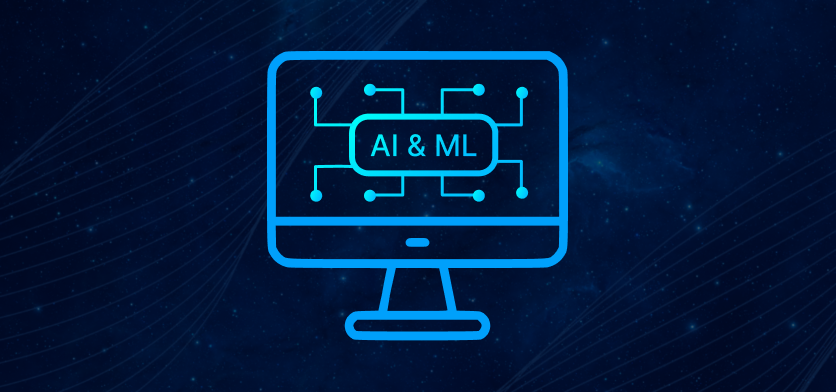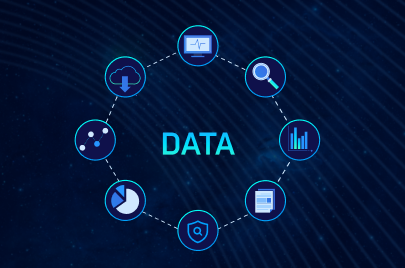Generative AI in data analytics: 3 main approaches
14 October 2024

The global amount of information will reach 175 zettabytes by 2025, according to IDC's forecast. The demand for real-time insights is growing accordingly, and companies leverage Generative AI for processing collected and created information. While obtaining web data with AI and the best datacenter proxies or residential IPs is well-discussed, parsing procedures enhanced with machine learning are less common.
The ethical Astro infrastructure offers a paid proxy free trial to adjust our IP pools and API-controlled dashboard to particular needs of scraping or interpreting online intelligence. Due to full compatibility with headless browsers, Gen AI, and other frameworks, we present a guide to methods for applying Generative AI for data analytics.
3 ways to use AI in data analytics with the best datacenter proxies
Data analytics at its core is a process of parsing, which focuses on:
- Dissecting raw information from various inputs
- Organizing it into a structured, analyzable format.
Structured and unstructured data are equally important. Converting these amounts of digits and symbols needs advanced programming skills to write complex queries or scripts.
Buying residential IP addresses and deploying them within a complex interpreting system also matters. Gen AI technologies simplify both workflows by letting users interact with their digital knowledge using natural language. Rather than writing SQL queries to understand top-selling products last month, the operator allows neural networks to translate this query into the necessary operations. AI pulls the relevant data and returns it in a clear, organized format: tables, summaries, visualizations, etc.
Choosing what will be the best — datacenter proxies, residential or mobile ones — at the info collection’s phase, businesses also have three AI-oriented approaches to select from when organizing the information. Each Generative AI technique suits different levels of complexity and needs:
| Generative AI method | Description | Pros | Cons |
| 1. Basic SQL model |
|
|
|
| 2. Semantic layer framework |
|
|
|
| 3. Multi-agent structure |
|
|
|
Overcoming data interpretation challenges with Gen AI and Astro
Parsing large datasets poses some challenges. They mostly occur due to specifics of big data and large datasets. While buying residential IP pool’s access is a solution to gathering reliable and actual information, leveraging Generative AI allows to solve the following hurdles:
- Inaccurate query generation. To mitigate this, businesses implement multi-agent architectures with routing, parameter, and QA agents aboard. To compensate for the increased costs, buy the best datacenter proxies for scraping.
- Incomplete results, happening because of exceeding the token limits of AI-advanced models. When facing this barrier, introduce a QA agent, which validates the outputs before returning them.
Generative AI simplifies structuring raw data through natural language queries. That is why the initial information’s quality is crucial. Rely on Astro, a KYC and AML-compliant info gathering infrastructure. Experience our service with an Astro’s paid proxy free trial.



